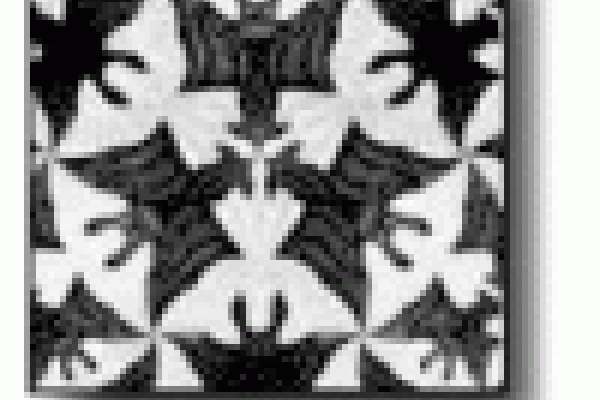Article

Plus leaves the classroom
Former Plus editor Helen Joyce explains how Plus made it big as a part of our series to celebrate Plus's tenth anniversary.
Mathematician and physicist John Baez declares himself fascinated by exceptions in mathematics. This interest has led him to study the octonions, and, through them, to find out more about the origins of complex numbers and quaternions. In the first of two articles, he talks about connections between algebra and geometry, and the importance of lateral thinking in mathematics.
Nineteenth-century German mathematician Leopold Kronecker once said God created the integers, all the rest is the work of man.
